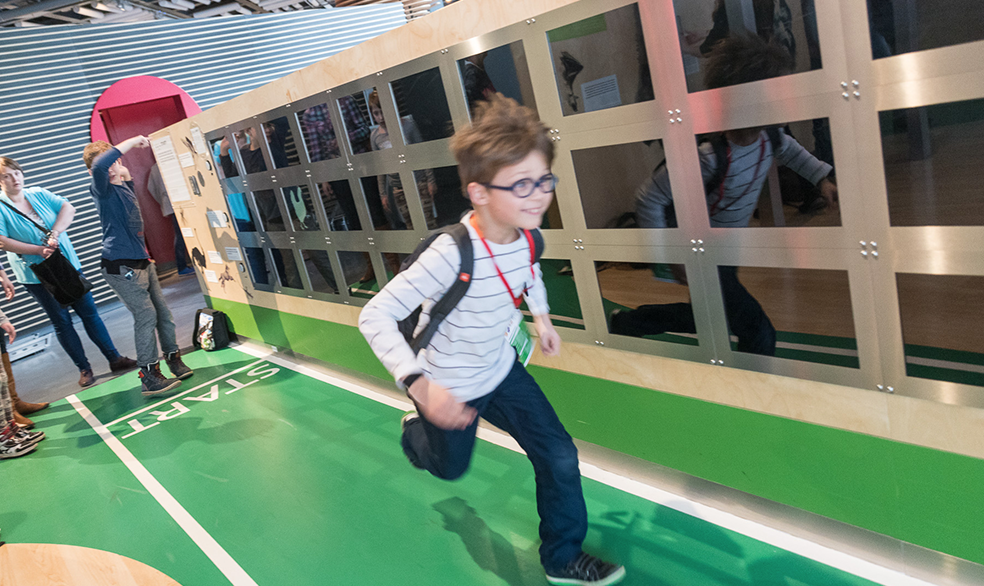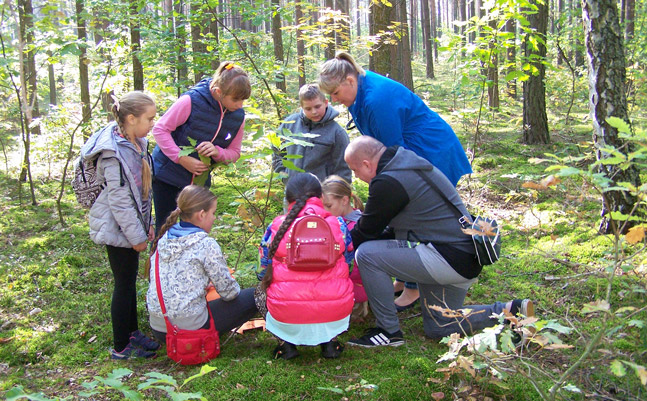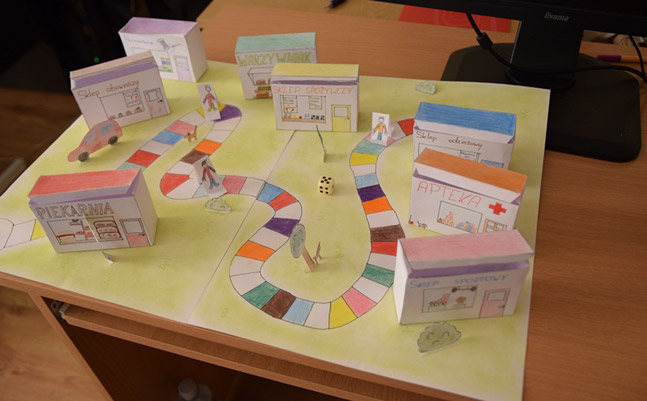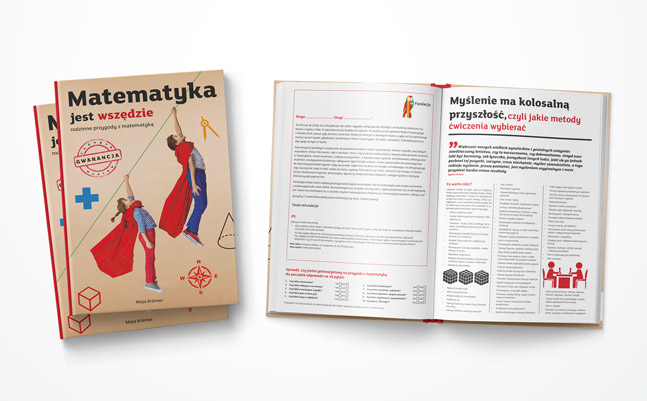mBank Foundation’s mission
The Foundation’s mission is to support the development of mathematics education in Poland. We strongly believe that mathematics provides the foundation for logical thinking and is vital to understanding the world around us. Mastering it helps us take informed financial decisions or follow the academic path in scientific subjects, and thus contributes to the economic development and achievement of professional success.
In 2017, we pursued our mission by e.g.:
- providing subsidies to development projects in the area of mathematics education, the “mPower” (“mPotęga”) subsidy programme, the competition for the best maths thesis called “Step into the Future” (“Krok w przyszłość”), the “Holiday with Mathematics” (“Wakacje z matematyką”) grant competition and the “Masters of Mathematics” (“Mistrzowie matematyki”) scholarship programme;
- surveying Polish parents’ attitudes to their children learning mathematics and the methods used to support children in developing their mathematical skills;
- publishing the book “Maths is Everywhere. Family adventures with mathematics” (“Matematyka jest wszędzie. Rodzinne przygody z matematyką”), which is a collection of inspirations for parents to help them creatively develop children’s mathematical skills, in ways adjusted to their needs.




